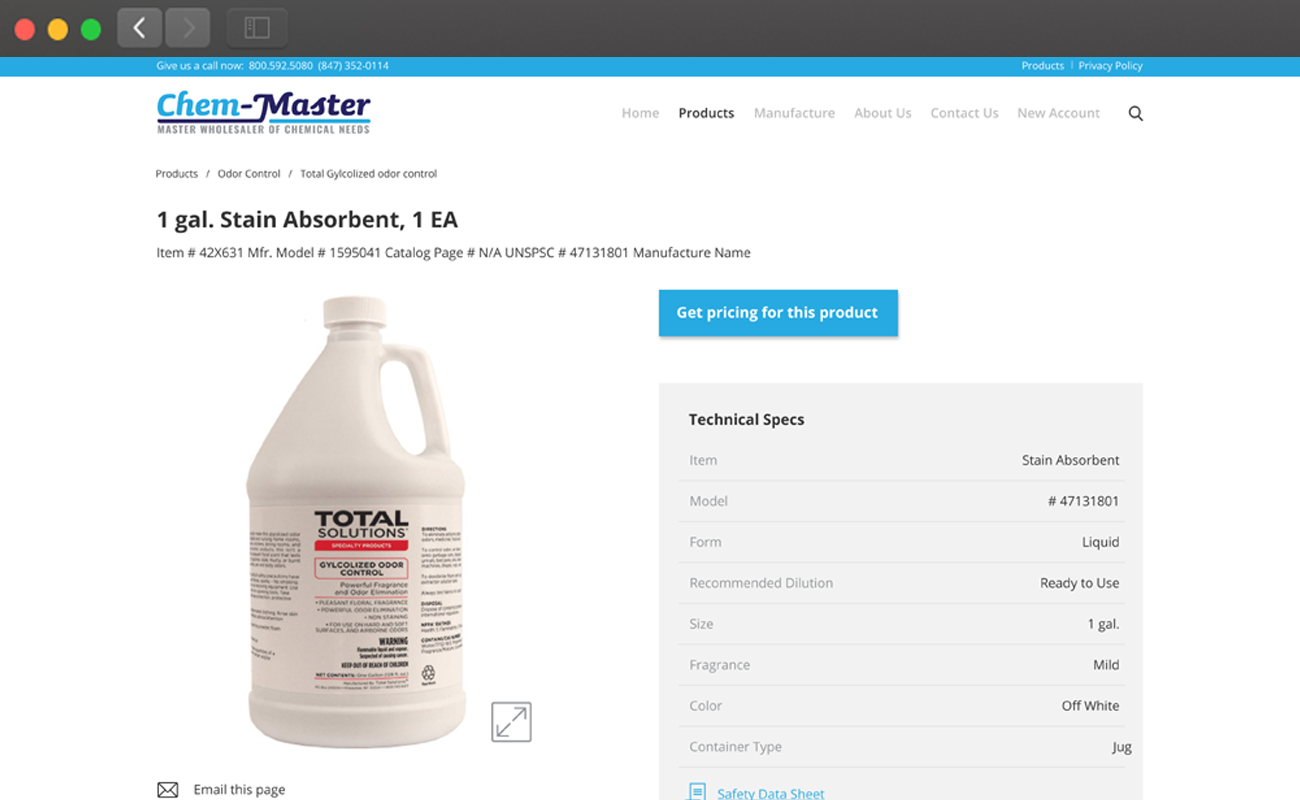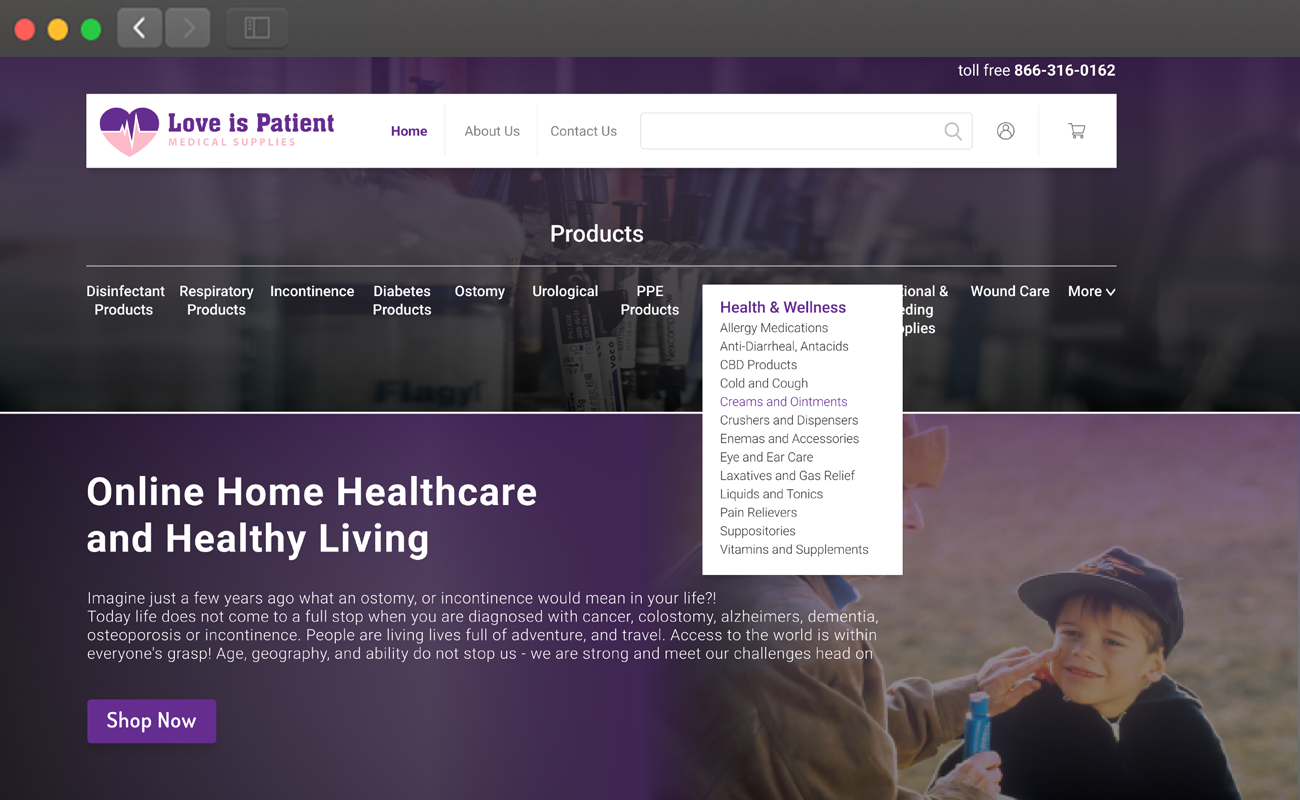The online environment is perfectly designed to sell a wide range of products and services. After all, an eCommerce site has worldwide accessibility and you can attract new customers using innovative campaigns that are quite affordable with respect to traditional marketing techniques. However, whether you are a small business selling physical products, digital products, consultations, appointments, or intangibles you will need a well-designed eCommerce solution. Being one of the best local web design company in the Milwaukee and Chicago area, and our expertise and knowledge, Symphony Software is best positioned to help you achieve your online presence and targets.
One of the main benefits of an eCommerce site is that it provides a flexible solution for all kinds of businesses and keeps your door open 24/7 irrespective of geography. A well-designed site will sell your products or services without much effort from you or your marketing team which will lower your costs.
Also, if you choose a web design company experienced in responsive design, you will also reach out to mobile device users as your possible clients. And this means about 50% of the population using the Internet!
In today’s world, the first step towards purchase is done online. Your potential customers will start their research online, so you have to think about your website as your very own showroom. This makes the design of your website critical. Keep in mind: a well-designed eCommerce site can influence purchase decisions by showcasing your product at its best and making the purchase action a piece of cake.
As one of the best web development companies, we know how important a responsive design is. We also know that a user-friendly interface is the first thing to attract potential customers’ attention and we understand the importance of a well-designed eCommerce site.



One great example for eCommerce is iTunes. When Apple first started this platform, iTunes was viewed as an iPod marketing tactic. However, iTunes is now a vital part of the Apple with billions in sales. So the potential is unlimited and by hiring an experienced eCommerce website design company for developing your site, you’ll get the following benefits:
There are several e-commerce website development platforms that businesses can use to create and manage their online stores. Some of the most common platforms include:
Shopify: A cloud-based e-commerce platform that offers a range of templates, themes, and plugins for creating an online store.
Magento: An open-source e-commerce platform that is widely used by large and complex online stores.
WooCommerce: A popular e-commerce plugin for WordPress that offers a range of features for managing an online store.
BigCommerce: A cloud-based e-commerce platform that offers a range of templates, themes, and plugins for creating an online store.
Volusion: A cloud-based e-commerce platform that offers a range of features and functionalities for managing an online store.
OpenCart: An open-source e-commerce platform that is easy to use and offers a range of features for managing an online store.
PrestaShop: An open-source e-commerce platform that offers a range of features and functionalities for managing an online store.
Squarespace: A website builder that also offers e-commerce features for selling products and services online.
WordPress is a popular content management system that can be used for building e-commerce websites. Here are some of the pros and cons of using WordPress for an e-commerce site:
Pros:
User-friendly: WordPress has a user-friendly interface that makes it easy to use, even for those with limited technical knowledge.
Flexibility: WordPress offers a wide range of plugins and themes, making it easy to customize the look and functionality of your e-commerce site.
SEO-friendly: WordPress is optimized for search engines, making it easier for your e-commerce site to rank well in search results.
Cost-effective: WordPress is an open-source platform, meaning it’s free to use. You can also find many free plugins and themes, reducing the cost of setting up an e-commerce site.
Large Community: WordPress has a large and active community, making it easier to find support and resources for your e-commerce site.
Cons:
Security: Because WordPress is so widely used, it is a common target for hackers. It is important to regularly update your WordPress installation and plugins to keep your site secure.
Performance: WordPress can be slow and resource-intensive, especially for larger e-commerce sites. This can affect the user experience and potentially hurt sales.
Limited scalability: While WordPress can handle small- to medium-sized e-commerce sites, it may not be the best option for larger, more complex sites.
Compatibility Issues: Not all plugins and themes are compatible with each other, which can cause issues with your e-commerce site’s functionality.
Magento is a popular e-commerce platform that offers a range of features and functionalities for building online stores. Here are some of the pros and cons of using Magento for an e-commerce site:
Pros:
Scalability: Magento is designed to handle large and complex e-commerce sites, making it a good choice for growing businesses.
Customization: Magento offers a wide range of customization options, including the ability to create custom themes and extensions.
SEO-friendly: Magento is optimized for search engines, making it easier for your e-commerce site to rank well in search results.
Built-in features: Magento comes with a range of built-in features, including support for multiple languages and currencies, a powerful catalog management system, and robust order management tools.
Large Community: Magento has a large and active community, making it easier to find support and resources for your e-commerce site.
Cons:
Complexity: Magento can be complex and challenging to set up and use, especially for those with limited technical knowledge.
Performance: Magento can be resource-intensive, which can affect the performance of your e-commerce site, especially for larger sites.
Cost: Magento can be more expensive than other e-commerce platforms, especially for businesses that need to purchase additional plugins and extensions.
Maintenance: Magento requires regular maintenance and updates to keep it running smoothly and to keep your site secure
Shopify is a cloud-based e-commerce platform that offers a range of features and functionalities for creating and managing an online store. Here are some of the pros and cons of using Shopify for an e-commerce site:
Pros:
User-friendly: Shopify has a user-friendly interface and offers a range of templates and themes that make it easy to create and manage an online store.
Scalability: Shopify can handle both small and large e-commerce sites, making it a good choice for businesses of all sizes.
Security: Shopify takes care of the technical aspects of security, such as hosting and backups, allowing you to focus on growing your business.
Payment processing: Shopify integrates with a range of payment gateways, making it easy to process payments securely and efficiently.
Large App Store: Shopify has a large app store that offers a range of plugins and extensions for adding additional functionality to your online store.
Cons:
Transaction Fees: Shopify charges a transaction fee for each sale made through its platform, which can add up for businesses with high sales volumes.
Limited Customization: While Shopify offers a range of customization options, it may not be as flexible as other e-commerce platforms, such as Magento.
Dependence on third-party apps: While the Shopify app store offers a range of plugins and extensions, businesses may need to rely on third-party apps for certain functionalities, which can add to the overall cost of using the platform.
Performance: Shopify’s hosting infrastructure can sometimes lead to slow page load times and performance issues, especially for larger e-commerce sites.
In conclusion, Shopify is a user-friendly and scalable e-commerce platform that is well-suited to businesses of all sizes. However, its transaction fees and dependence on third-party apps are important factors to consider before making a decision.



Do you have an an online e-commerce store that you want to take to next level or start a new e-commerce store, contact us today!! We will get back to you within 24 hours.
790 N Milwaukee St Suite 302
Milwaukee WI 53202-4073
Phone:(414) 218-4644
E-mail: contactus@symphony-software.com
